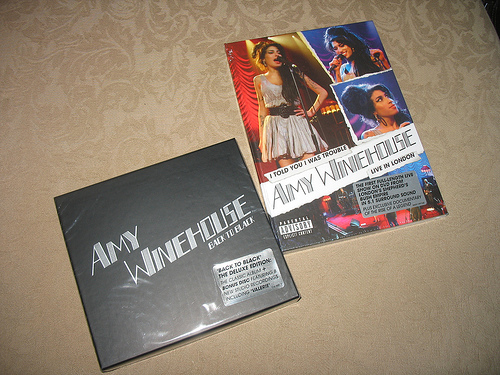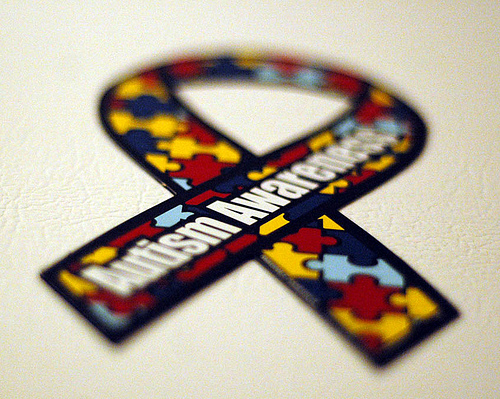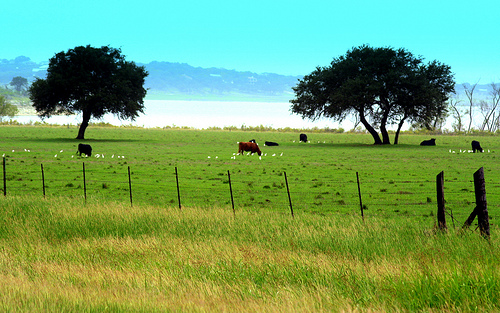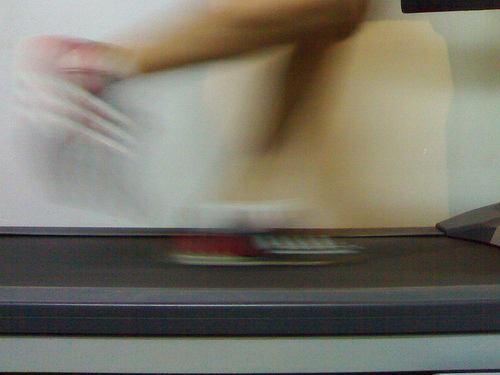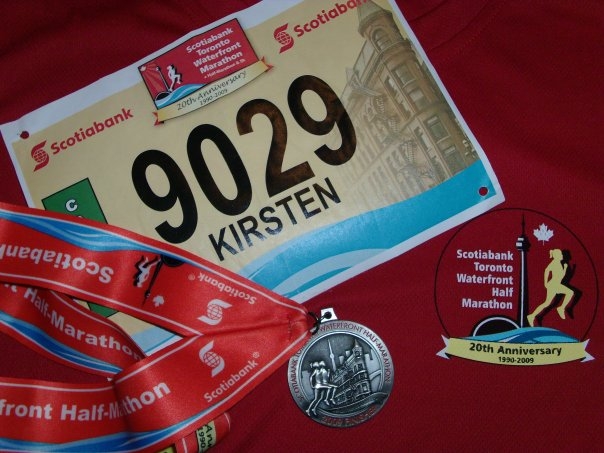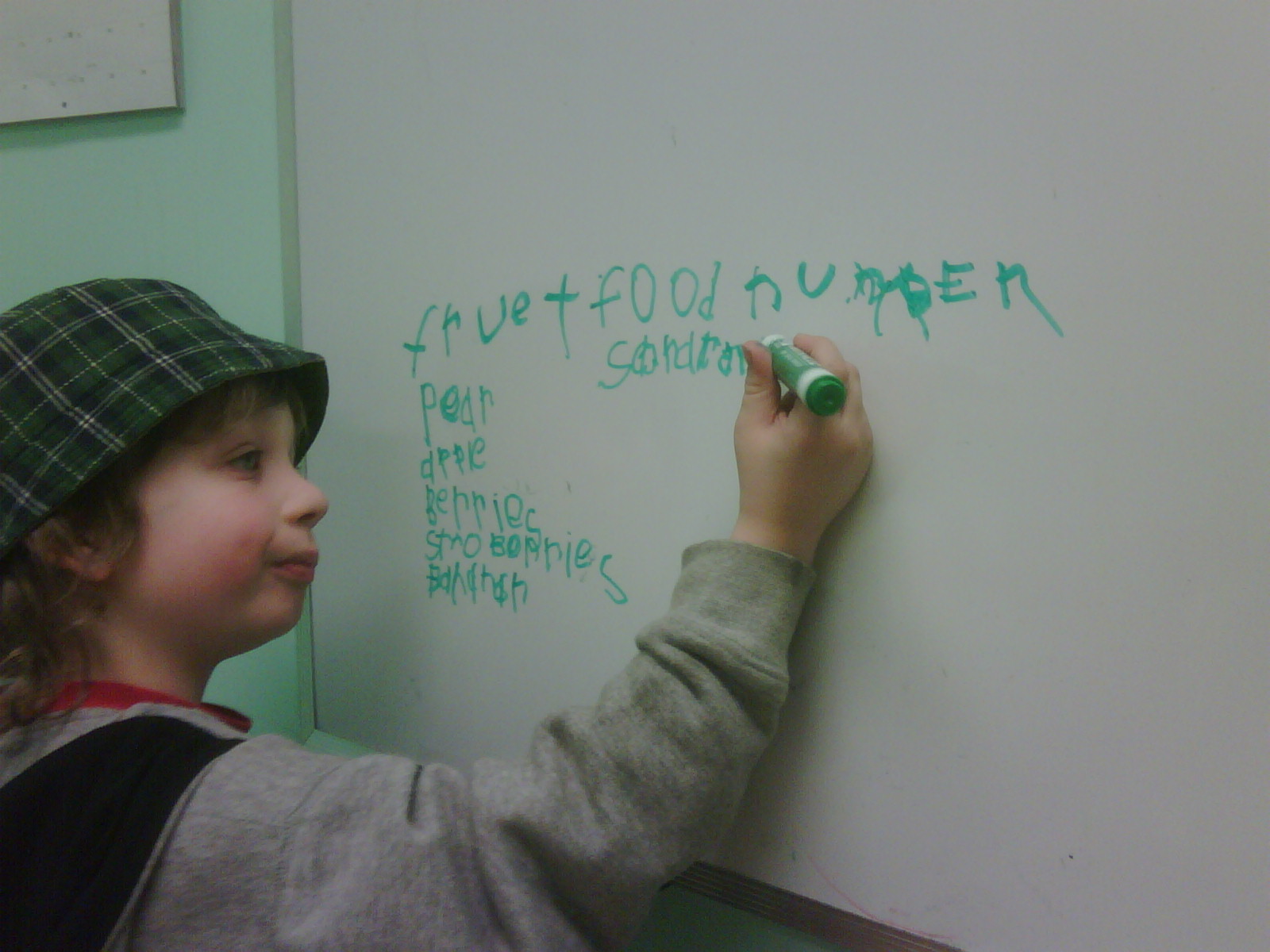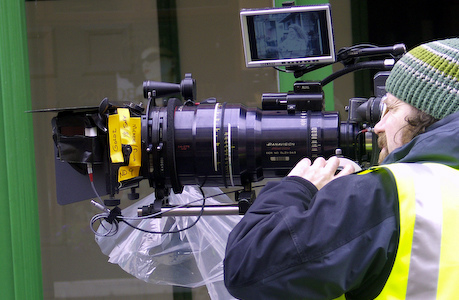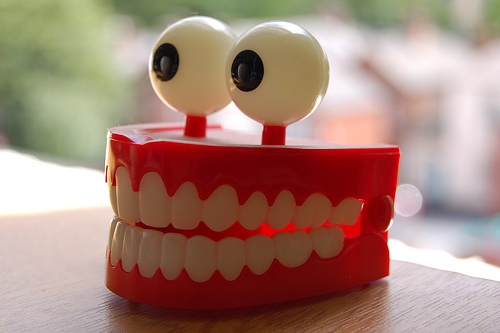 As I sit here early on a Sunday morning, my jaw is hurting, I have just taken more pain medication, and I feel as as I am getting a cold.
As I sit here early on a Sunday morning, my jaw is hurting, I have just taken more pain medication, and I feel as as I am getting a cold.
That’s probably no big surprise. My immune system has taken quite a hit over the last couple of days. Extra vitamins, Vitamin C, echinacea, and plenty of fluids and rest should do the trick.
Rest? Ha! Like that’ll happen!
The culprit of all of this grief is the dental surgery I had on Friday. It had been a long time coming. Due to my absolute phobia of dentists, plus the fact that the last dentist I went to made a complete botch-job in my mouth, I had put off seeing a dentist for almost seven years. When my husband finally dragged me in kicking and screaming 18 months ago, they did all kinds of X-rays and examinations, and then produced a list of the dental work that I needed.
The list went on for two pages.
Don’t worry, they said. We’ll sedate you and you won’t remember a thing.
The idea of being given lots of drugs to knock me into sweet oblivion was very appealing, but still. I got the heebie-jeebies every time I thought of spending an entire day at the mercy of a man who had chosen a career of digging in other peoples’ mouths.
So once again, I played the waiting game.
About two months ago, I got a nasty throat infection that put me out of action for a week. It was accompanied by a fever of over 102 degrees, and it made my entire body hurt. When I went to see the doctor, I was told that this infection more than likely originated from an infection in my gums.
And that was it. The game was up. I had no choice but to go to the dreaded dentist. Except when I went back this time, new problems had arisen. The two-page list was now two and a half pages.
An appointment was made to get the work done. I picked up pre-meds a few days ahead of time, and then waited in dreaded anticipation. On Thursday night, I took three heavy-duty sleeping pills as instructed. They knocked me out, and until four in the morning, I slept not like a baby, but like a person who doesn’t have a baby. At that point, I had to wake up to have coffee and toast, and then I went to sleep again for a couple of hours.
An hour before the appointment, I took another pill, and by the time I showed up there I was well and truly zonked out. I was actually seeing double.
I lay down in the dentist’s chair. A blood pressure cuff was placed around my arm. A heart rate monitor was attached to my finger, and an oxygen mask was put over my face. I was given more drugs to take, and then I was covered with a glorious soft blue blanket.
That’s the last thing I remember with any clarity. Technically, I was conscious throughout the day. I had to be, so I could obey instructions like “open wide” and “bite down”. But I was definitely somewhere off in La La Land.
After six hours or so, I was allowed to leave. I have a vague recollection of my husband being brought into the room to receive instructions, and then I taken out to the car. Apparently a wheelchair was involved. When I arrived home, my husband gently guided me to the couch in the living room, where I lay down and pretty much crashed. I was roused now and then to eat soup or drink Gatorade.
We will not discuss the dribbling that happened as I drank.
Now, it is two days post-dentist, and I’m doing kind of OK. The effects of the sedation took until sometime yesterday afternoon to wear off, but I still have some pain, particularly at the spot where they had to extract a tooth. Quite apart from the pain, I find it very disconcerting to have a gap where the tooth used to be, and I am really looking forward to being fitted with my temporary flipper. My teeth feel very weird from all the cleaning and scaling and whatever else they did.
And just think… a month from now I get to do it all again.
Oh, boy.
(Photo credit: http://www.flickr.com/photos/rightee/215391576/)





